Collective Intelligence is the Intelligence of a Group
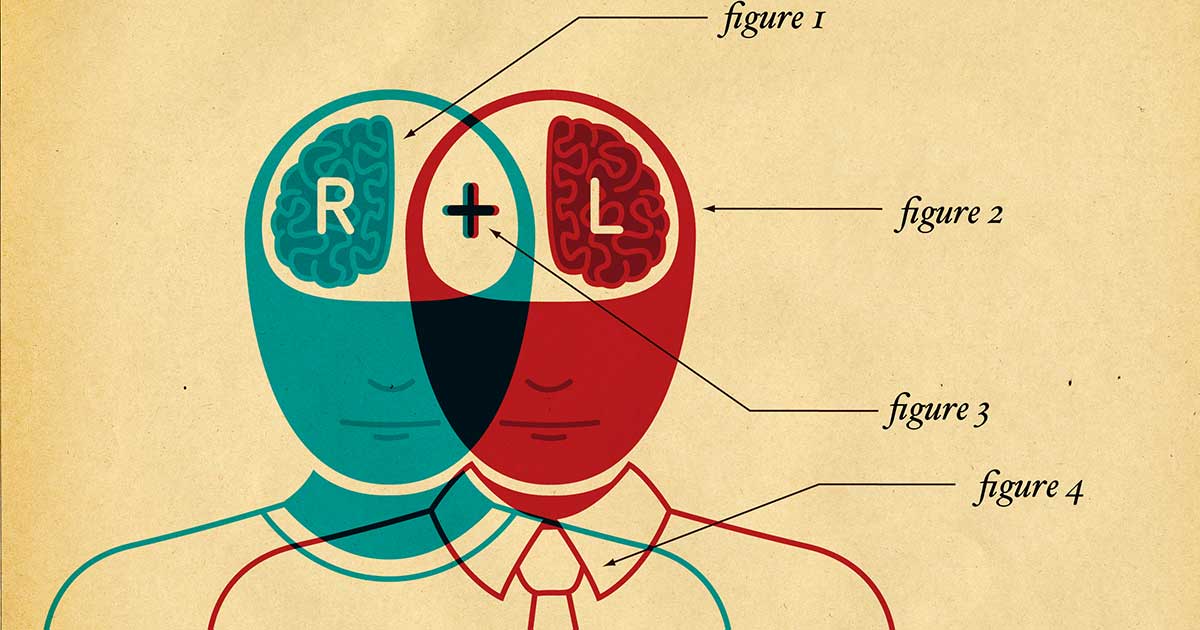
Collective intelligence is the wisdom of crowds, or the intelligence of groups, the intelligence that arises from cooperation, competition, and other group dynamics.
Psychology is the study of mind and behavior. It’s best described as a social science, although specific aspects can focus on anything from biology, to the humanities, to philosophy.
Below are a collection of facts and myths about psychology and social psychology pertaining to individuals, groups, and the collective.
TIP: Check out the YouTube playlist of Crash Course Psychology for a crazy amount of good information.

Collective intelligence is the wisdom of crowds, or the intelligence of groups, the intelligence that arises from cooperation, competition, and other group dynamics.
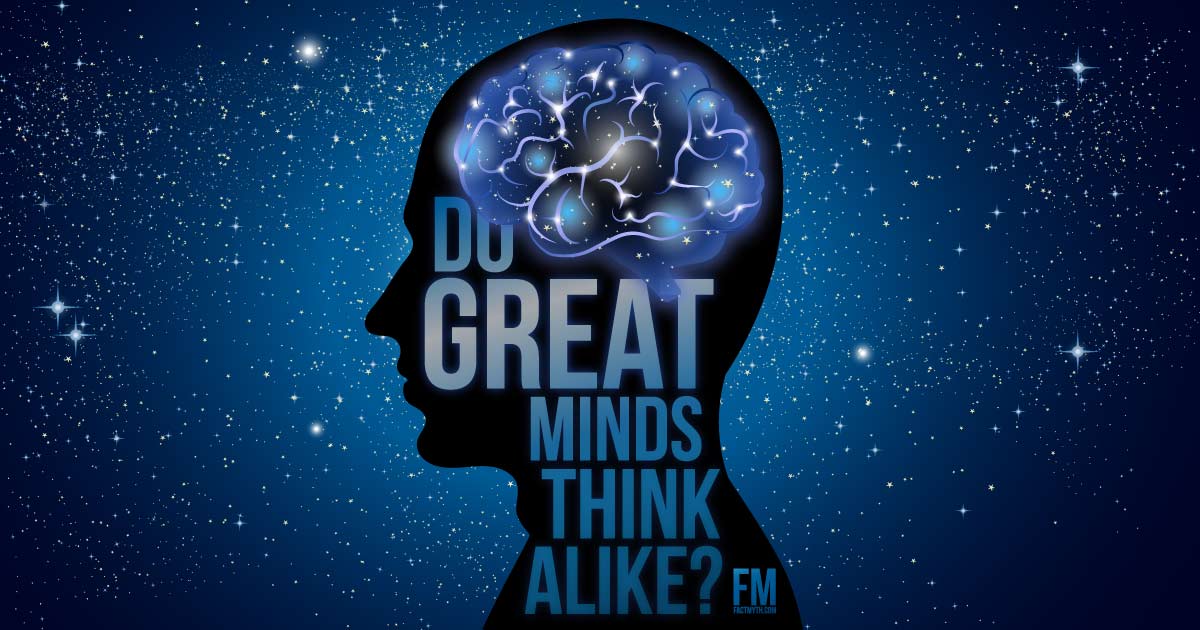
A person can be a “lone genius”, but as an essay called “Deconstructing the Lone Genius Myth” points out, genius is in many ways a collective process.
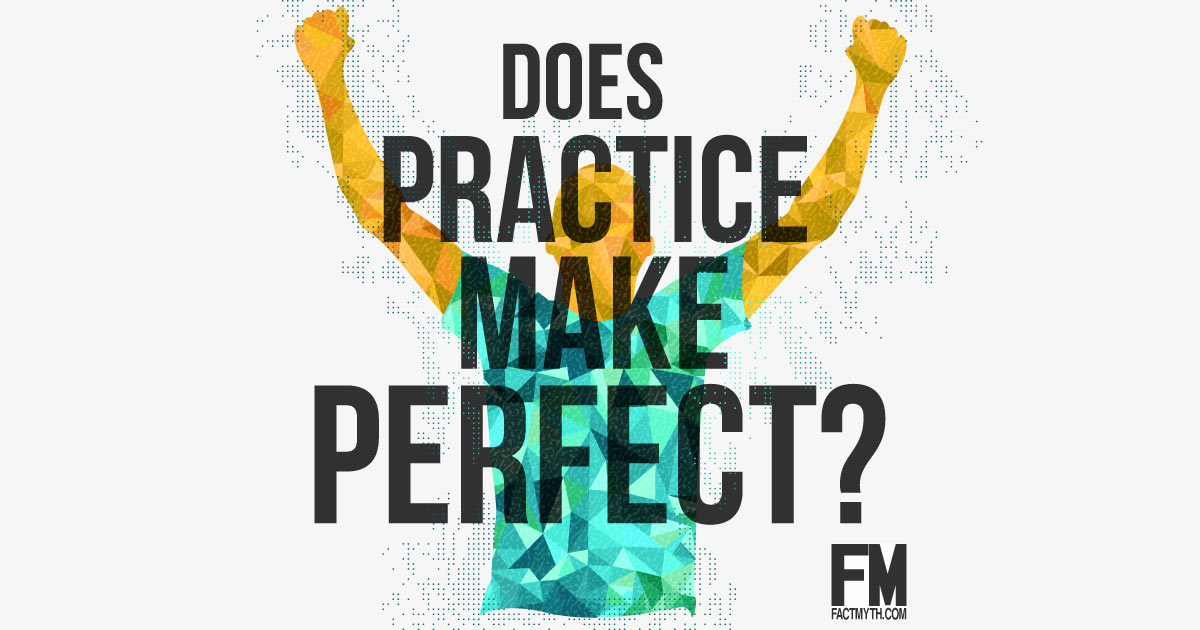
The “10,000 hours theory”, that it takes roughly 10,000 hours of deliberate practice to become an “outlier”, is a useful concept, but not an exact rule.
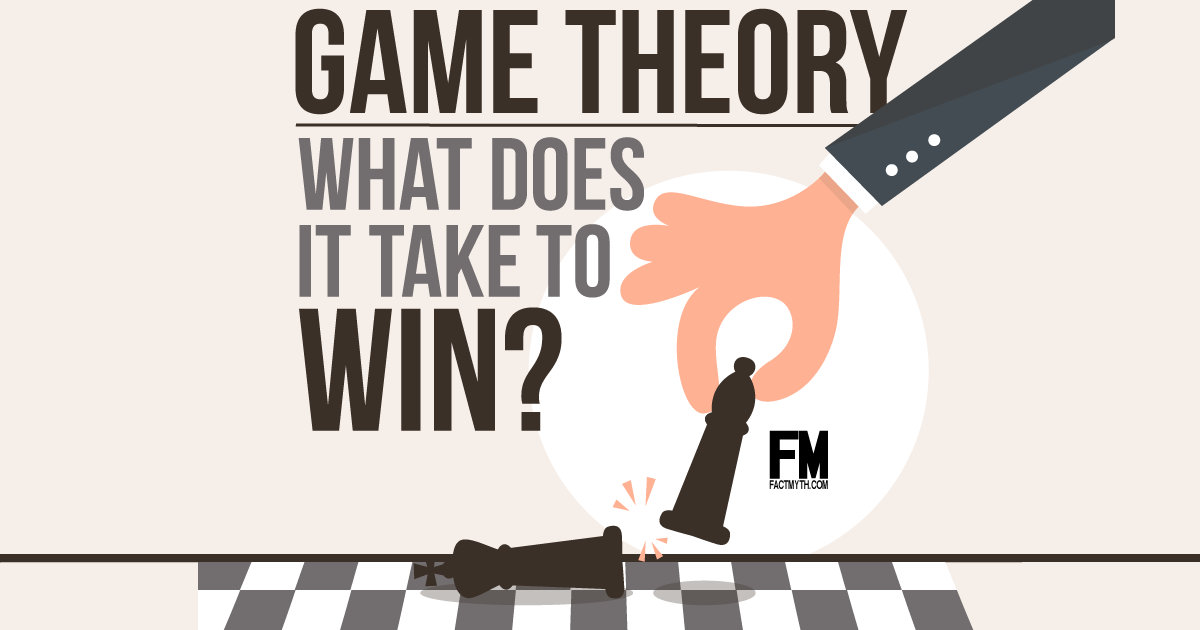
Game theory is “the science of strategy,” a branch of mathematics that studies the strategy, rules, and statistics of decision making games and applies it to other fields.
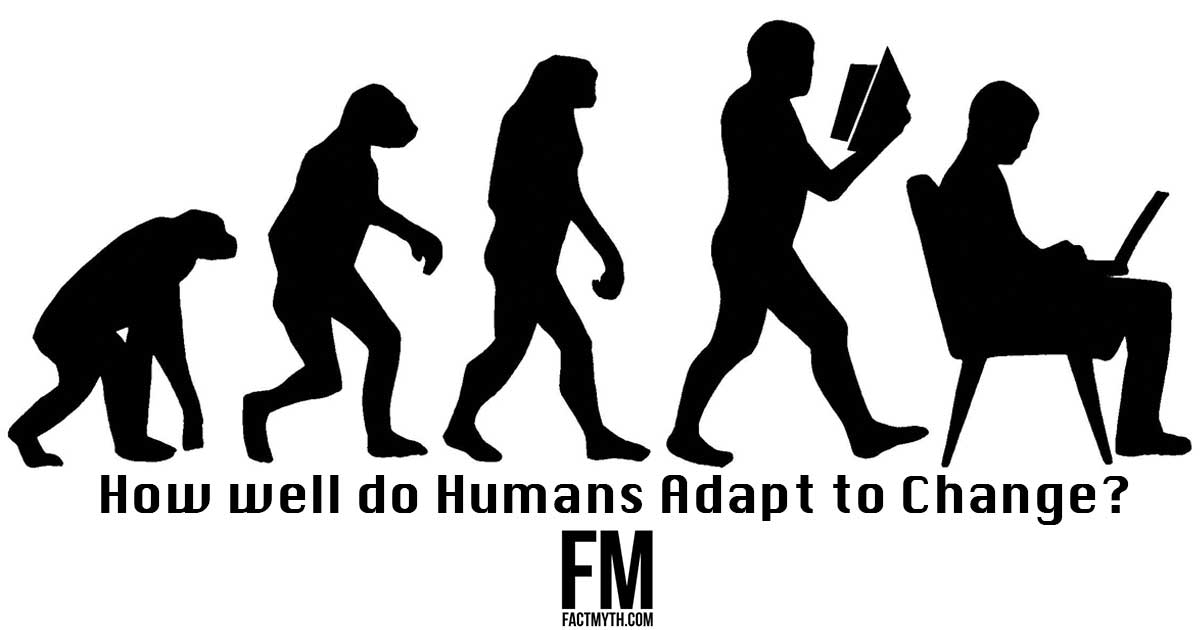
Humans are generally quick to adapt to change, despite being resistant to it, this is true biologically, socially, and culturally.
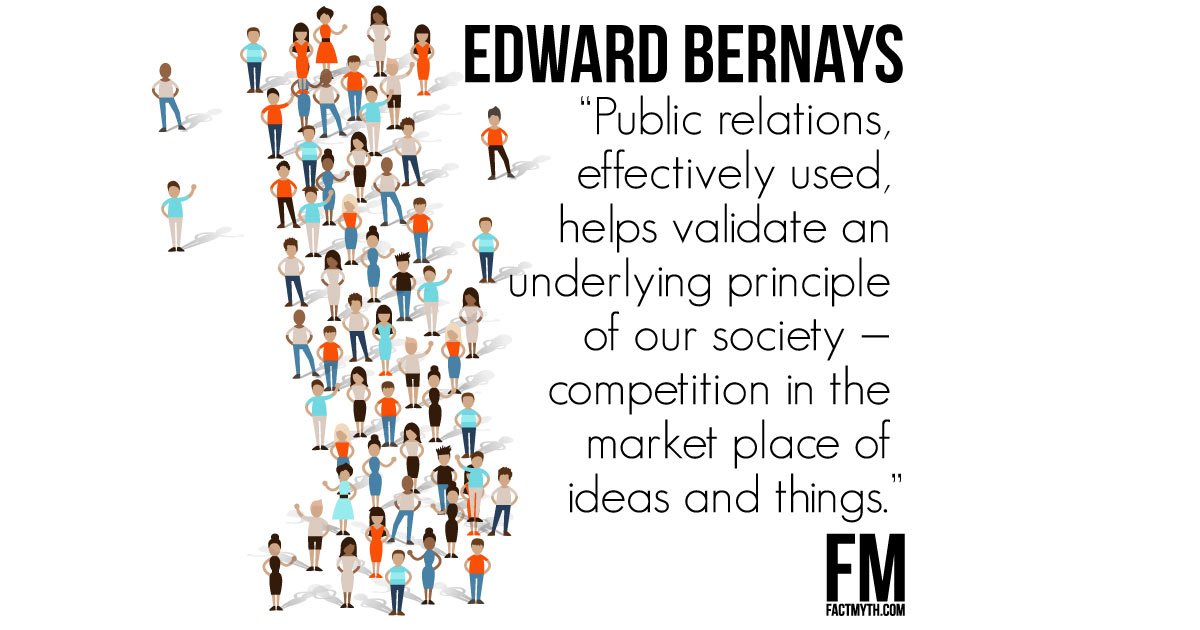
Edward Bernays, nephew of Sigmund Freud, can be considered the father of public relations and propaganda. Bernays literally wrote the book on propaganda, public relations, and manipulating public opinion.
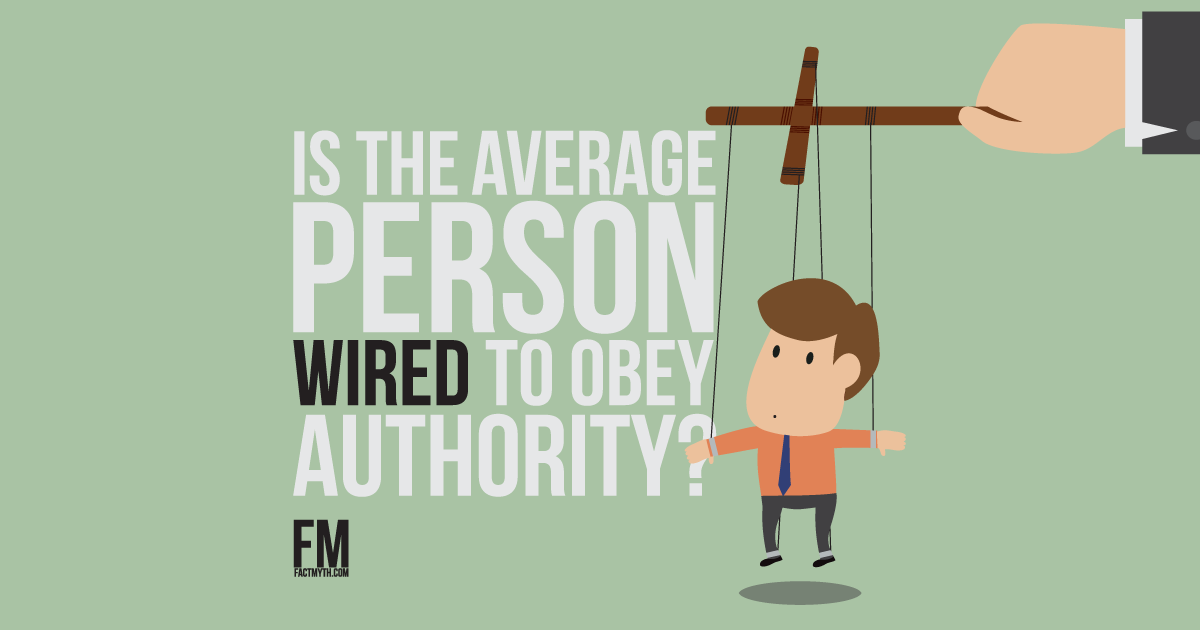
The Milgram experiment on obedience to authority figures (and related studies) show that, on average and under the right conditions, people will obey authority figures despite moral objections.
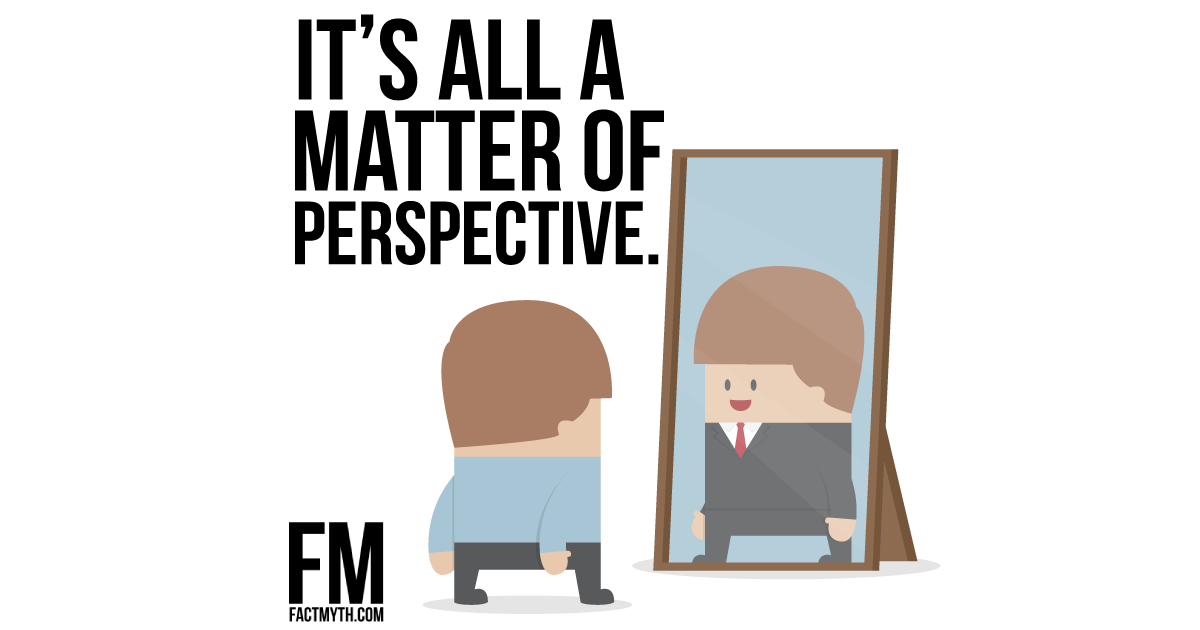
Everything we perceive depends on our frame of reference. What we observe is relative to our point of view. In other words, “it is all a matter of perspective”.
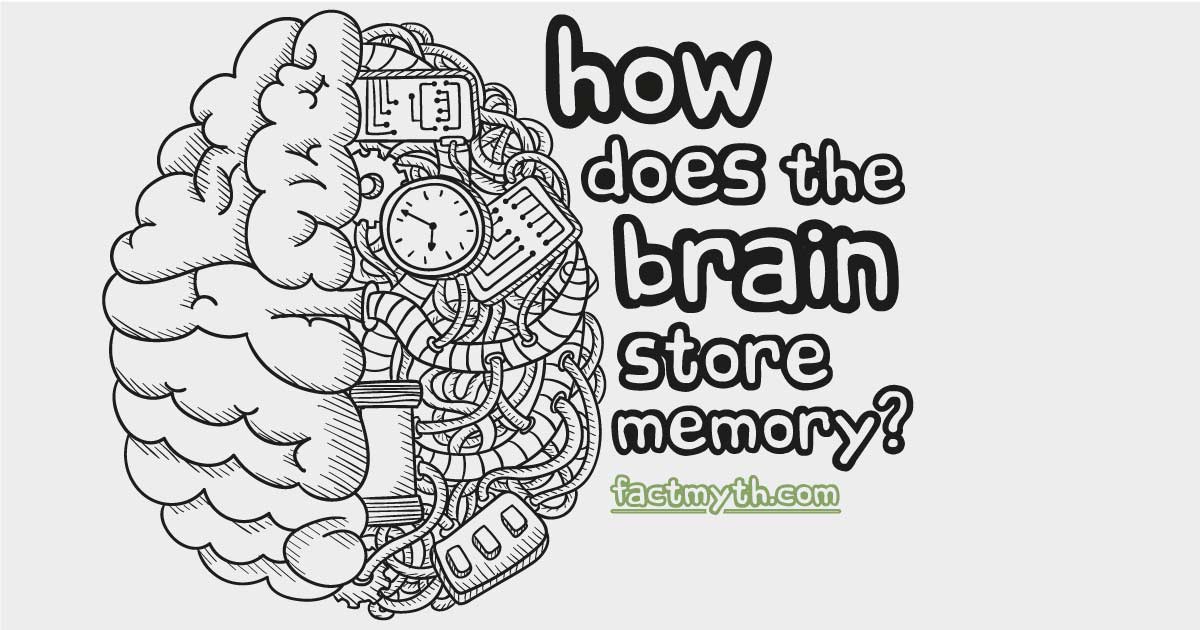
There are three basic types of memory: sensory memory (what we perceive), short-term memory (what we think about), and long-term memory (what we know).
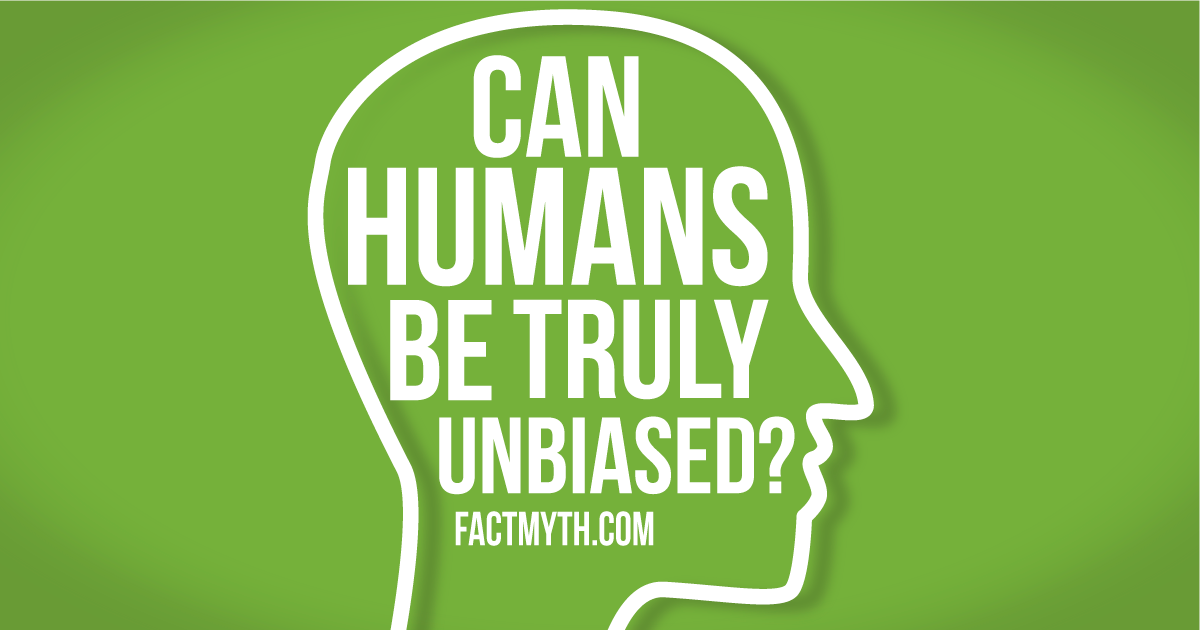
People can’t be truly unbiased; we are hardwired with bias and create bias constantly as part of the natural neurological process of learning.